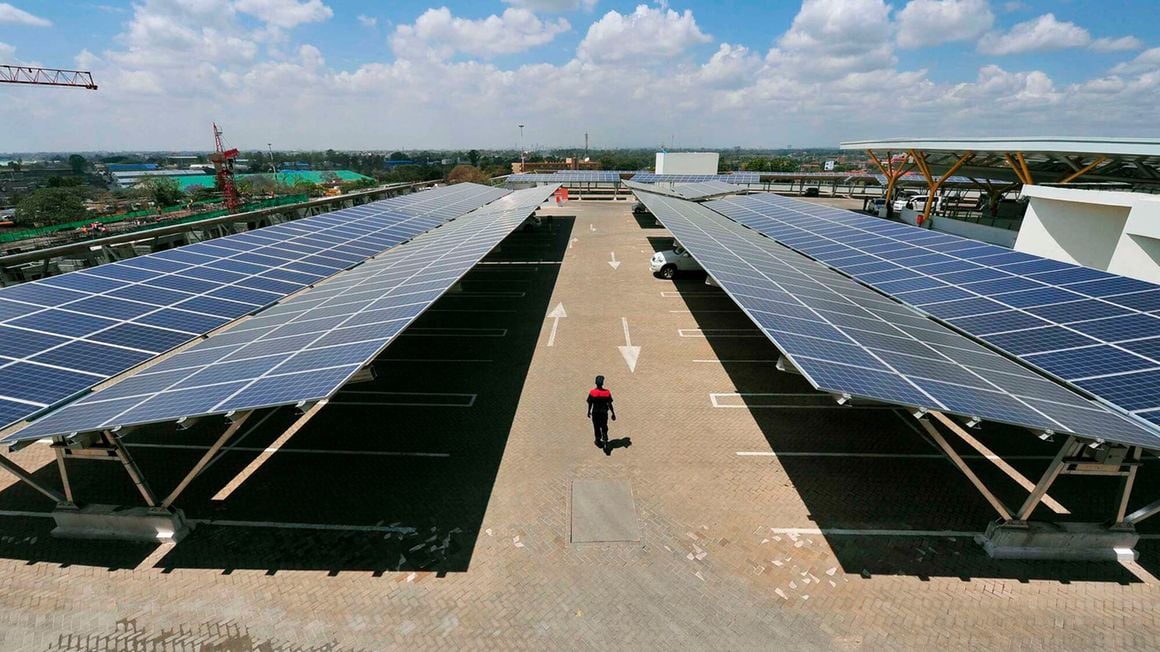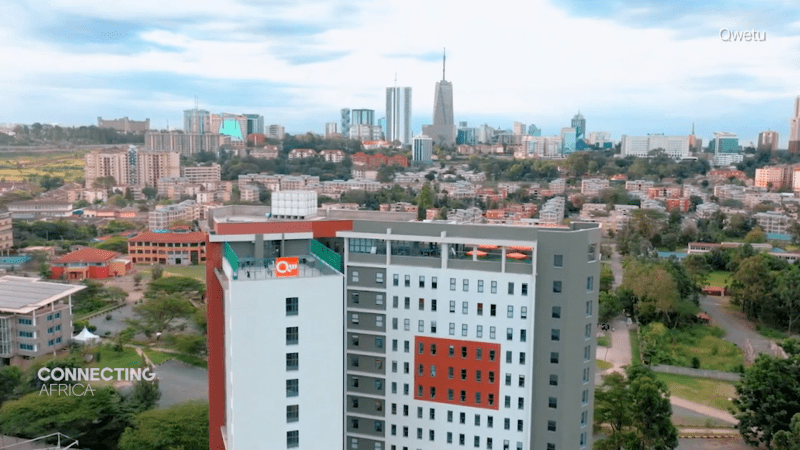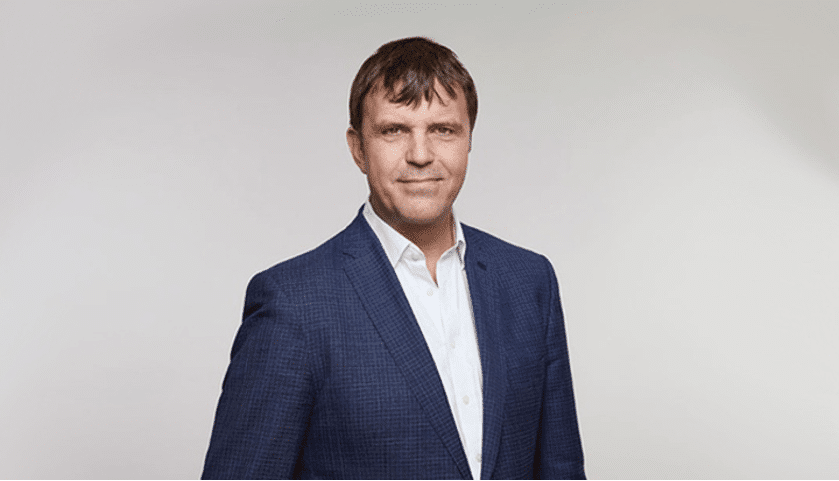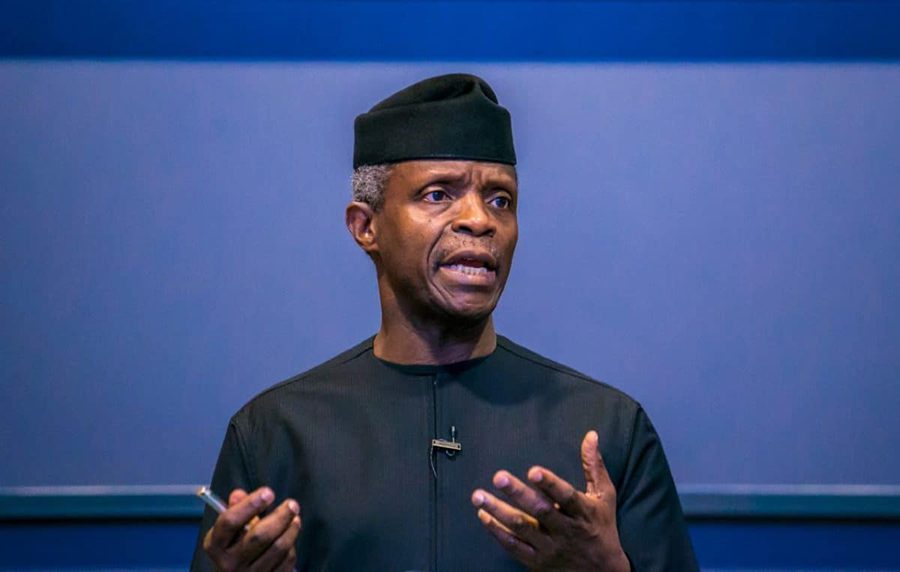Renewable energy projects attracted investments worth $382 billion globally in 2021, according to the International Energy Agency, but only $13 billion, or three percent of that, funded projects in Africa, highlighting a major funding gap foiling green transition and energy access on the continent.
With only 48 percent of African population having access to electricity, experts say investment in the continent’s renewable energy sector could both leapfrog the green transition efforts and connect more people to the grid.
Despite this, it has been established that investors with the capacity to invest in this sector shy away from the African market, a problem which brought together several stakeholders in the energy sector in Nairobi this week, attempting to change the narrative.
At a forum convened by the World Resources Institute (WRI) and the Children’s Investment Fund Foundation, participants drawn from the private sector, government, civil society organisations from Kenya and beyond deliberated on how investors can be mobilised to support Africa’s green transition through investments.
Reluctant to invest
Rebekah Shirley, WRI’s deputy regional director told the forum that private sector players are reluctant to invest in this sector, creating a funding gap of billions of dollars every year, despite the wide access gap.
“Even in other regions of the world where energy access is still a challenge like the Southeast Asia, we don’t see funding gaps of this magnitude, why Africa?” she posed.
Alex Wachira, principal secretary for the state department of energy, said that there is a list of challenges contributing to the energy gap, even in Kenya, which slow down economic growth in the country.
“We (the Ministry of Energy) are aware of the many challenges attributed to this, including limited incentives to attract private sector investors,” he said in a speech read by a representative.
Lack of political will
Another challenge identified is the lack of political will for appropriate legislation and implementation of policies to incentivise private sector investment in renewable energy projects, especially in rural areas.
For instance, only two of Kenya’s 47 counties have drafted energy plans that would give way to appropriate energy policies, deprioritising renewable energy projects at the local governments.
This, according to Eva Sawe – a senior programmes officer at the Council of Governors, is because lawmakers have not been sensitised on why renewable energy projects should be a priority.
But even with the right policies and incentives to support private sector investment in renewable energy on the continent, investors said there is a still a shortage of talent in Africa limiting the production capacity of companies investing in the sector.
“If an investor is coming into the country to do any renewable energy project, the first hurdle they will face is the lack of skilled people,” said Andrew Amadi, the chief executive of Kenya Renewable Energy Association.
Read original article











